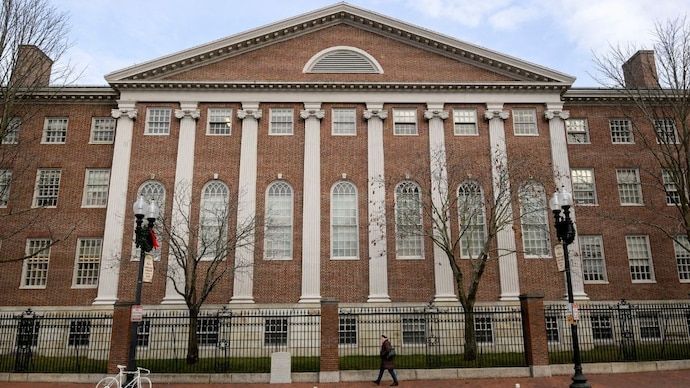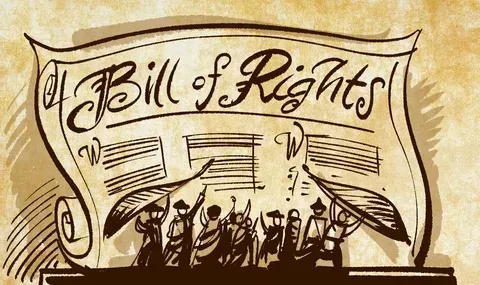If You Have Been Injured in an Accident Caused by a Defective Commercial Vehicle, Our Firm Can Get You the Best Settlement

Everyone who commutes back and forth from home to work via their own car or truck knows that traffic is heavier then ever these days, and because of that, the risks of an accident are also greater then ever. Accident happen to many people every single day.
Many traffic accidents come from drivers making mistakes while driving; there is, after all, a reason they are called "accidents." In some cases, however, an accident may be caused by design or manufacturing defects in vehicles, including commercial vehicles used by workers while doing their jobs. Given the size of many commercial vehicles, the damages caused by such an accident can be quite extensive, and can result in downright devastating injuries or even deaths to a number of workers, or even some innocent passersby.
The Increased Risk of Defective Commercial Vehicles
If a worker is injured or killed due to a collision caused by a defect in a commercial vehicle, the injured party may have a valid legal claim for damages against a number of parties. Those parties can include the manufacturer, the distributor, the employer or even those persons involved in the operation of the vehicle, such as fleet maintenance workers. In many cases, commercial vehicles can be very large, which means accident investigators could face a significant challenge to sort among all of the potential causes for the accident, and to even determine whether a design or manufacturing defect is present.
If the investigation uncovers that the accident that led to the injury was caused by a defective commercial vehicle, many different parties may be liable, depending on the circumstances. For example, if a trucking company failed to replace a part due to cost cutting, and the failure of that part can be determined to have caused the accident, the trucking company may be responsible. If the designer or manufacturing company produced a faulty piece of equipment that directly caused or contributed to the crash, they could be found responsible, as well. In many cases, several parties can be held responsible, which can be good for the plaintiff, since multiple insurance companies, representing multiple parties, may have to chip in on a settlement.
The Most Common Types of Truck Equipment Failure
According to the National Highway Traffic Safety Administration (NHTSA) in a report produced in 2004, large truck accidents were cited as the primary cause in more than 12 percent of all traffic accidents with fatalities. This despite the fact that they only make up four percent of all registered vehicles on the road.
Just as importantly, truck equipment failure is one of the leading causes of truck accidents everywhere in the country. Even more tragically, most equipment failure crashes could have been prevented with proper maintenance. While there seems to be an impression that these defective and malfunctioning trucks suffer from massive problems, the fact of the matter is, these vehicles often have tens of thousands of pieces of equipment, all of which can fail at any time. The list of the most common commercial vehicle defects that lead to accidents includes:
- Defective straps or tie downs that cause unsecured loads to shift or fall off the trailer
- Defective coupling
- Broken mirrors
- Broken hydraulic hoses
- Faulty windshield wipers
- Defective wheels
- Steering defects
- Defective trailer hitch
- Burned out headlights, taillights or turn signals
- Broken defroster
In other words, the defects we often think of as "catastrophic" are often not as dangerous as others, which we may think of as "minor." These defects happen often, even though many federal and state laws are in effect all over he country to supposedly regulate the maintenance practices of truck drivers and their employers. Usually, truck drivers are instructed to perform a complete inspection of their vehicles before each shift, regardless of the type or the length of the haul. Proper inspection and maintenance should eliminate the possibility of equipment failure or malfunction and prevent catastrophic injuries and damages caused by a crash.
Why the Risk of Defective Commercial Vehicles is Significant
There are a number of ways in which several dangerous defects can be found in a single commercial vehicle involved in an accident, and they may include any of the following:
- One defect or a number of defects in the design and engineering of the vehicle. These defects could render the vehicle inherently dangerous and quite possibly defective, no matter how well the manufacturer ultimately put it together.
- There can be commercial manufacturing flaws, in which factory-originated errors cause a normally well-crafted vehicle to malfunction. If the flaw effects safety features, this can be even more of a factor.
- In some cases, a commercial vehicle is inherently dangerous, and the people at the trucking company with the responsibility of maintaining the vehicle in a manner intended to make it relatively safe and drivable failed to make it so.
- If a commercial vehicle is inherently dangerous and the vehicle's owners failed to properly warn drivers warn or failed to provide them with appropriate instructions for safe operation. If that failure can be proven to have been a factor, that can cost the trucking company a pretty penny, since federal regulations require all operators to be provided with clear warnings about how to use the relevant vehicle safely. In addition, operators are also entitled to receive clear details regarding any inherent risks.
Only Product Liability Experts Can Help You Win in a Commercial Vehicle Accident
Because of the complexity involved with investigating incidents involving potentially defective commercial vehicles, it is important that an accident victim consult with an attorney who understands these complexities, and can sort through all of the legal options available to you, to protect your rights.
The Commercial Vehicle Accident Attorneys at Lento Law Group have extensive experience handling cases for those who are victims of accidents involving defective commercial vehicles, and that includes many of the largest companies in the United States. If you or someone you know has been injured or killed in an accident caused by a defective commercial vehicle, call the Defective Commercial Vehicle Injury Lawyers at Lento Law Group immediately, so we can investigate thoroughly and get you the compensation you deserve for your injuries and other damages.
More News & Resources











